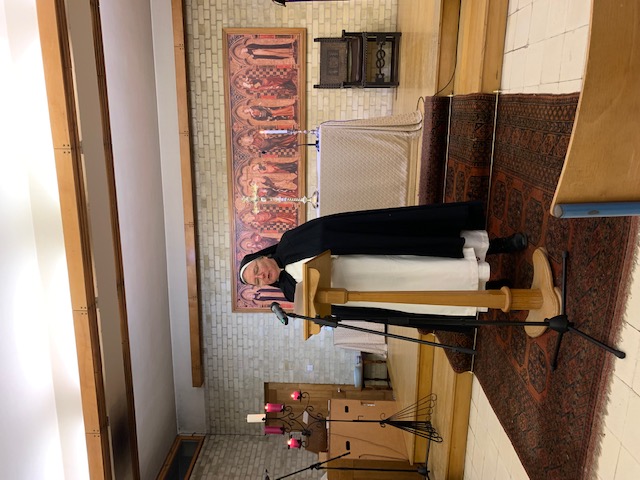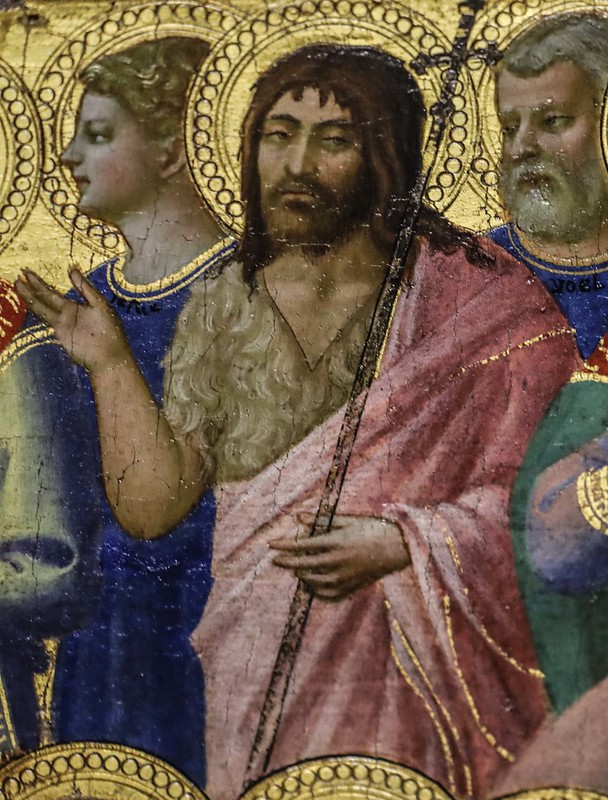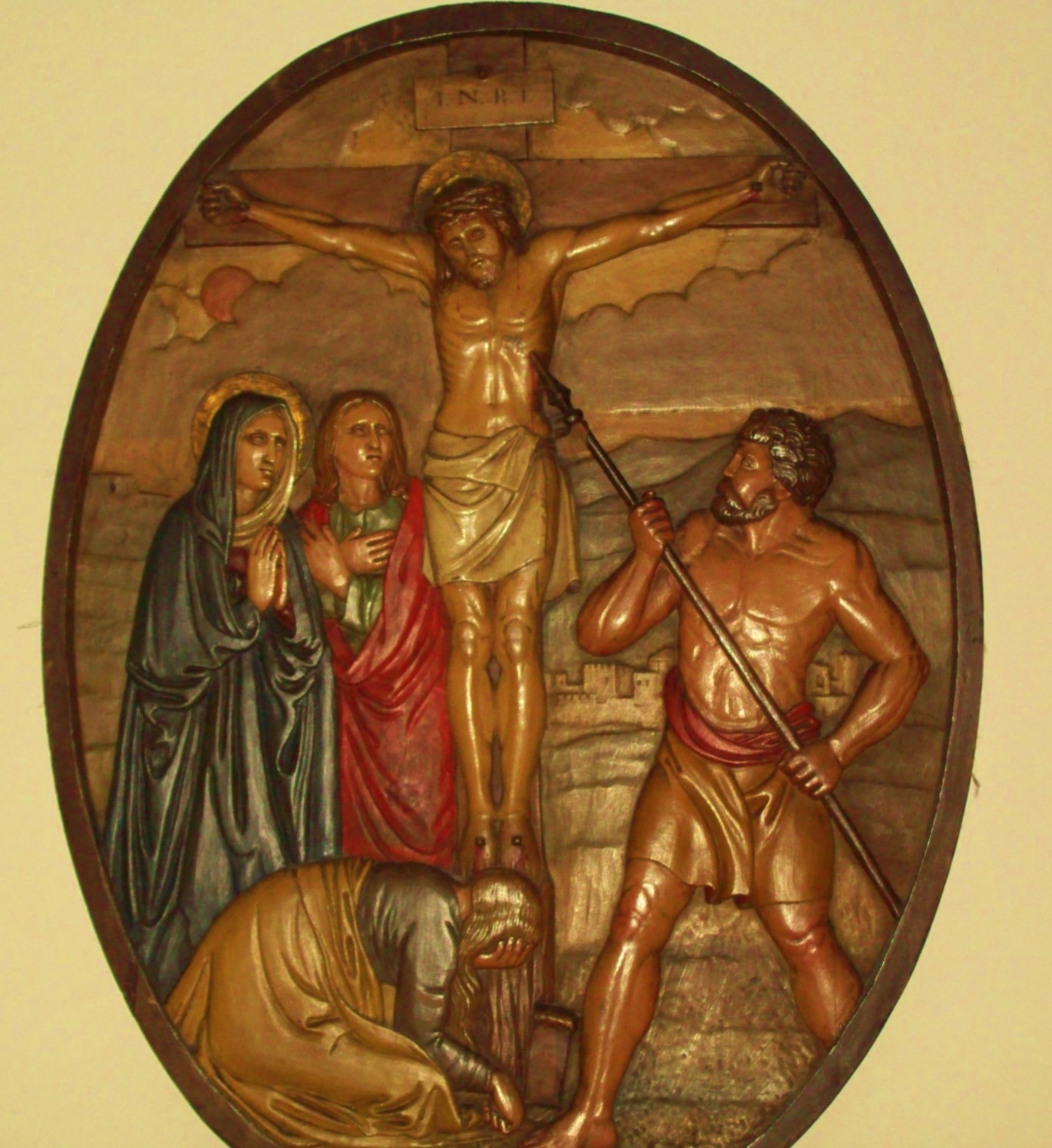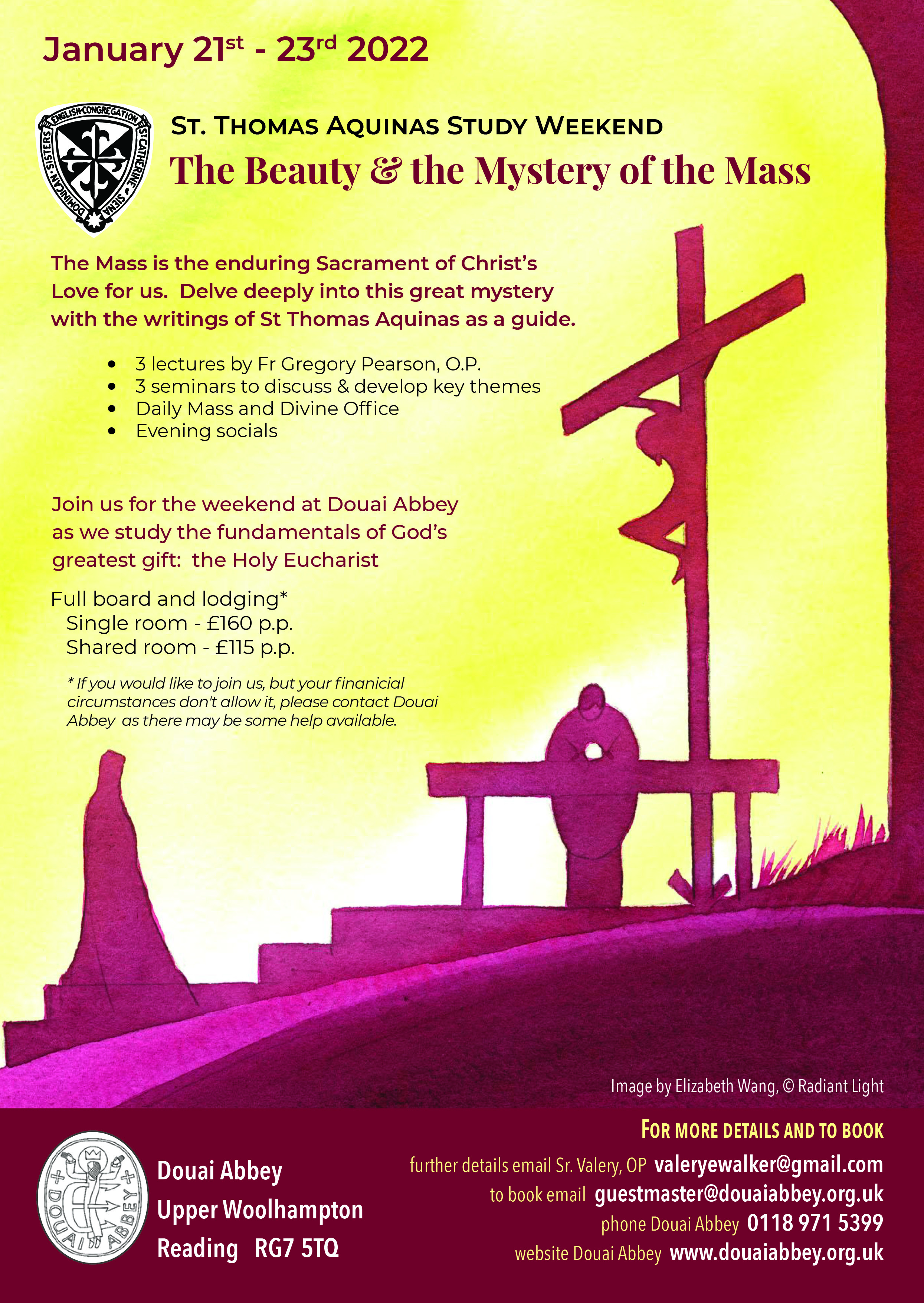Light in the Darkness
By Sr Rose Rolling
He will light up all that is hidden in the dark and reveal the secret intentions of men’s hearts.1 Cor. 4-5.
 My former workplace, before I entered the Order, encouraged its staff members to undergo unconscious bias training, a rather contentious initiative which has seen its rise and fall. We are a generation preoccupied with causation: we want to know why people act, or think, the way they do; why it is they are poor, or cruel, or Christian. There is faith in the existence of a reasonable explanation, and explanation induces empathy. We know that there is more to understanding a person than meets the eye.
My former workplace, before I entered the Order, encouraged its staff members to undergo unconscious bias training, a rather contentious initiative which has seen its rise and fall. We are a generation preoccupied with causation: we want to know why people act, or think, the way they do; why it is they are poor, or cruel, or Christian. There is faith in the existence of a reasonable explanation, and explanation induces empathy. We know that there is more to understanding a person than meets the eye.
I didn’t attend the training, and whatever you think about such initiatives, one principle we can all agree on – and one that is highlighted
 ‘Christmas will be cancelled’ was a headline that was running around a week or three ago. Startled at the media warning I looked further only to find that what was in danger, not of cancellation but of some diminishment, was the tide of tinsel and plastic toys, made by slave labour in a country that has barely heard of Christ, reaching our shores this year.
‘Christmas will be cancelled’ was a headline that was running around a week or three ago. Startled at the media warning I looked further only to find that what was in danger, not of cancellation but of some diminishment, was the tide of tinsel and plastic toys, made by slave labour in a country that has barely heard of Christ, reaching our shores this year. 
 This weekend, we celebrate a feast for rebels. That might sound surprising. Sunday is the great Solemnity of Christ the King, and royalty conjures up images of sumptuous wealth, establishment privilege, and unthinking, maybe fearful, kneejerk obedience to the powers-that-be. All this has often been true of earthly monarchy, of course – but this King is different.
This weekend, we celebrate a feast for rebels. That might sound surprising. Sunday is the great Solemnity of Christ the King, and royalty conjures up images of sumptuous wealth, establishment privilege, and unthinking, maybe fearful, kneejerk obedience to the powers-that-be. All this has often been true of earthly monarchy, of course – but this King is different. 